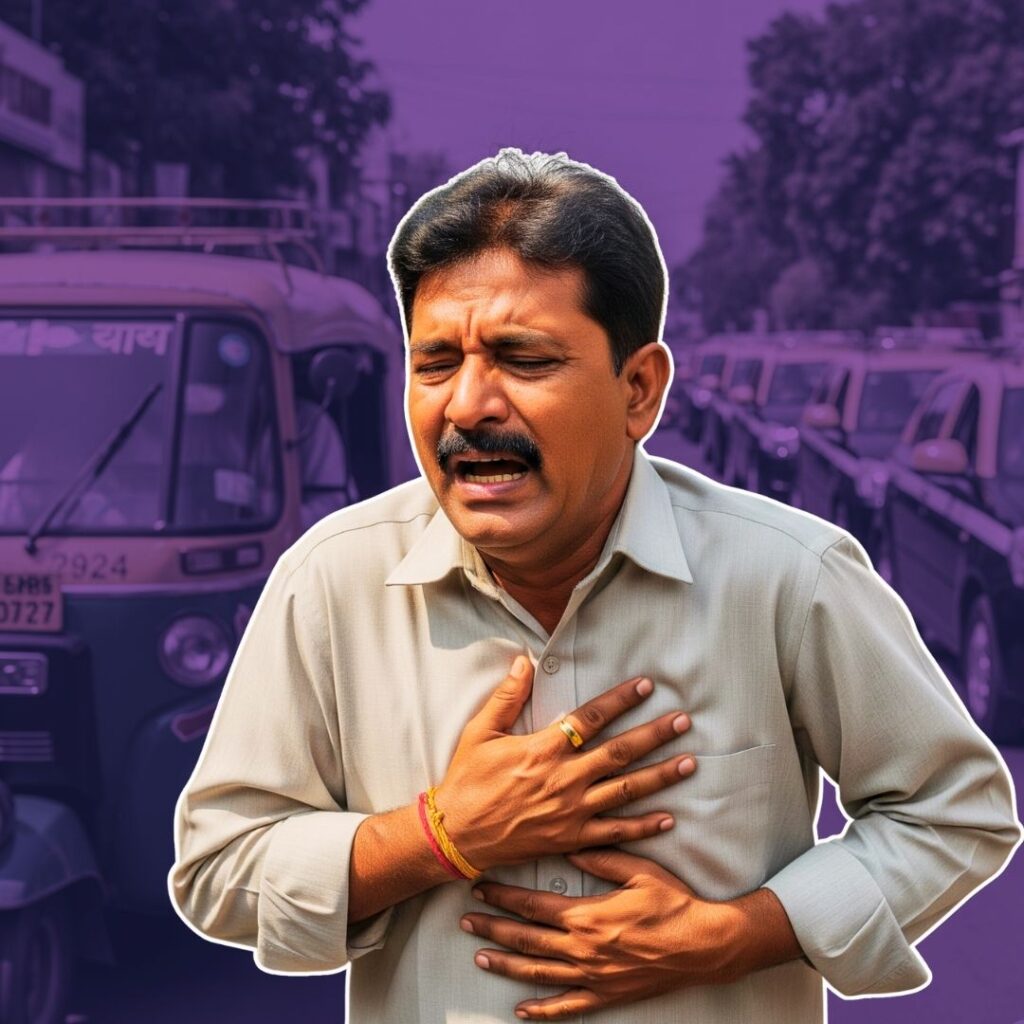Following a tightly contested selection process for the next United Nations (UN) Secretary-General, former Portuguese Prime Minister Antonio Guterres emerged as the 9th Secretary-General of the UN.
The role of the UN Secretary-General
The United Nations Secretary-General (UNSG) is the head of the UN Secretariat and de facto head and spokesperson of the UN. According to Chapter XV of the UN Charter, the SG is the “chief administrative officer” of the UN. Furthermore, Articles 98 and 99 of the Charter state that “The Secretary-General shall act in that capacity in all meetings of the General Assembly, of the Security Council, of the Economic and Social Council … and shall perform such other functions as are entrusted to him by these organs … The Secretary-General shall make an annual report to the General Assembly on the work of the Organization … The Secretary-General may bring to the attention of the Security Council any matter which in his opinion may threaten the maintenance of international peace and security.”
The UNSG holds office for five years each term and serves in the position for a maximum of two terms.
Due to their position as the leader of the UN and their responsibilities thereof, the UNSG is one of the most prominent positions in the world. The UNSG is informally regarded as the “world’s top diplomat”.
Mr Guterres before 2017
Mr Guterres was born in Lisbon, Portugal on 30 April 1949. He served as the 114th Prime Minister of Portugal from 1995 to 2002. From 1992 to 2002 he was the Secretary-General of the Socialist Party (of Portugal). In the arena of international diplomacy, Mr Guterres was the UN High Commissioner for Refugees from 2005 to 2015.
The 2016 UN Secretary-General selection process
Ban Ki-moon, who served as the UNSG from 2005, was due to retire on 31 December 2015 (UN Secretaries-General can serve for a maximum of two terms). The UN was tasked with selecting his successor.
As stated in Article 97 of the UN Charter, “The Secretary-General shall be appointed by the General Assembly upon the recommendation of the Security Council.”
Traditionally a secretive process finalised behind closed doors by the members of the UN Security Council, the 2016 selection process was historic due to the measures taken by the UN to make the process more open and transparent. Acknowledging the importance of inclusivity, the General Assembly and the Security Council asked all member states to nominate candidates for the esteemed position.
Public discussions and conferences were held between the candidates. There was considerable talk that the UN would look to name a woman for the post of UNSG (all Secretaries-General till now have been men). There was also chatter of the position going to a candidate from an Eastern European country owing to the region’s volatile status and strategic discourse.
However, when the final straw poll results were announced, Antonio Guterres of Portugal emerged as the clear winner. On 13 October 2016, the seventy-first session of the United Nations General Assembly formally appointed Guterres as the next UNSG.
Secretary-General Guterres’ opinions
Antonio Guterres has repeatedly called on the global community react more efficiently to the refugee crisis. As a former UN High Commissioner for Refugees, Guterres is in a unique position to enhance and escalate the humanitarian response to the refugee crisis. In a 2015 op-ed for Time magazine, he wrote: “It’s clear the crisis in the Mediterranean will not end as long as the root causes pushing people to flee go unaddressed. This means a genuine commitment to solving the conflicts raging around the world, and to preventing new ones. It also requires us to rethink the way we plan and deliver development aid, and ensuring human mobility is a part of the development paradigm. Rather than simply dumping the problem on poorer transit countries such as those in North Africa, Europe must help those governments to protect refugees and others more effectively.”
He has stressed the importance of gender equality throughout his international career. He has named Nigeria’s environment minister, Amina Mohammed, as his deputy. On accepting the position, he remarked, “[The] true winner today is the credibility of the UN. And it also made very clear to me that, as Secretary-General, having been chosen by all Member States, I must be at the service of them all equally and with no agenda but the one enshrined in the UN Charter.”
On his first day at the helm of the United Nations, Secretary-General António Guterres pledged to make 2017 a year for peace. “On this New Year’s Day, I ask all of you to join me in making one shared New Year’s resolution: Let us resolve to put peace first … Peace must be our goal and our guide,” he said. He added that the one question which irks him the most is “How can we help the millions of people caught up in conflict, suffering massively in wars with no end in sight?”
The challenges…











